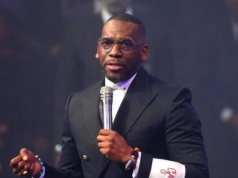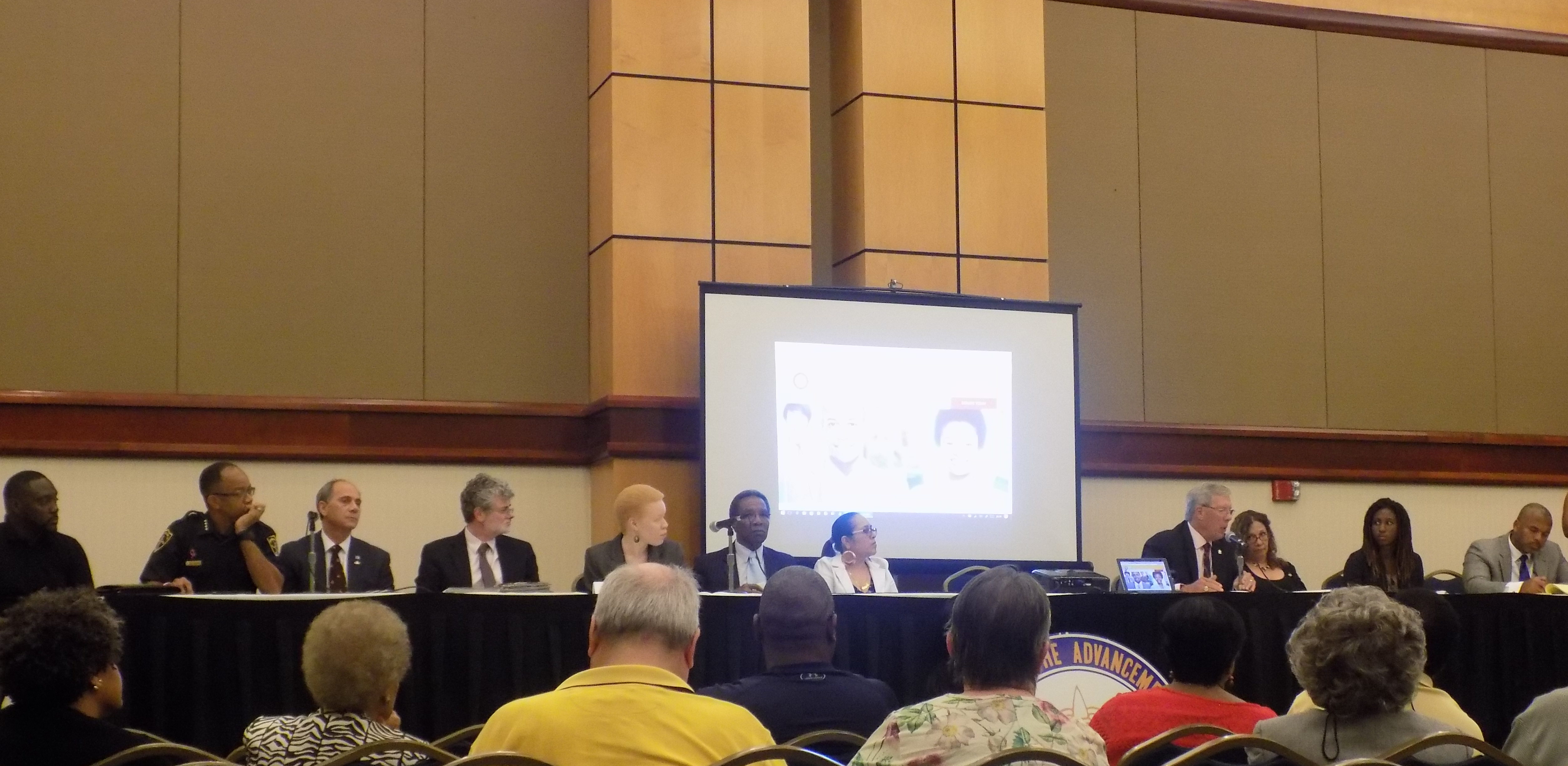
By Monique Jones
The Birmingham Times
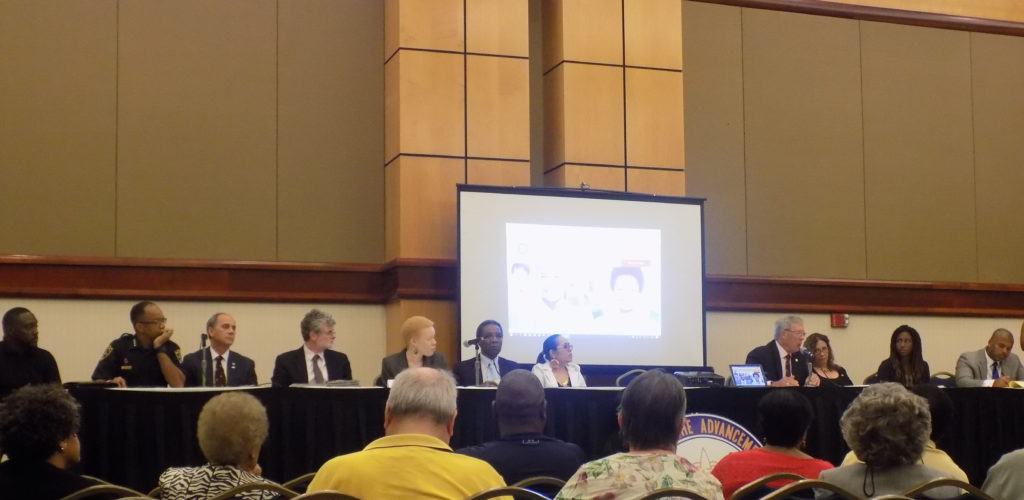
This year, there have been 736 people killed in police-involved shootings, and 38 officers killed in the line of duty. That stat opened up the discussion during the “Race and Policing in America” panel at the Alabama NAACP’s 64th Annual Convention.
Birmingham Police Chief A.C. Roper, Jefferson County Sheriff Mike Hale, and Roger Stanton of the FBI’s Birmingham Division were among those on the panel which focused on how communities and law enforcement can work together to decrease tensions and create a more trusting relationship.
“Community policing is part of our basic operating philosophy. The bottom line is community policing is critically important for any type of crime reduction efforts,” Roper said. “We can’t be everywhere. We need the community to be our eyes and ears. These are challenging times across the nation in regards to race and policing. It’s important to have deep conversations so that we can all gain a mutual understanding.”
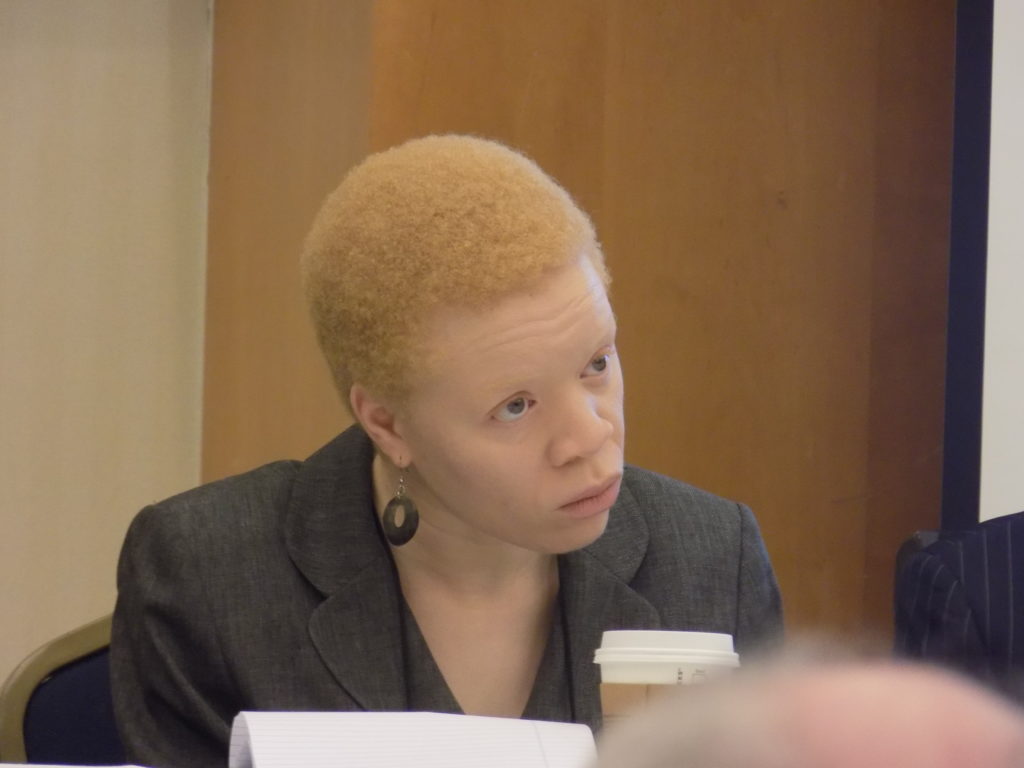
A pilot city
Birmingham’s police force is now part of the select group of pilot cities participating in the National Initiative for Building Community Trust and Justice. The initiative, spearheaded by the U.S. Department of Justice, is a three-year program aimed at offering solutions to policing’s current problems.
“We raised our hand and said we want to be a part of this,” said Roper during the panel discussion. “How can we help improve policing across America?”
Birmingham’s police are in their second year of the program. This phase of the program involves hours of new training, including 16 hours of procedural justice training. “[It involves] how to talk to people, how to be trustworthy [with the community]…how to be neutral in decision-making, how to show respect,” Roper said.
Law enforcement agencies are taking steps in other ways, also.
Birmingham police and the Jefferson County Sheriff’s Office have adopted a no-tolerance rule for what has been called “the blue wall of silence”—the unspoken code that lets bad behavior go unreported.
“If I defend [my deputies] for doing something wrong, it’s like I’ve done something wrong,” Hale said. “I’m not going to do that. I’m going to hold them accountable; I’m going to defend them when they’re right, but I cannot defend them if they’ve done wrong.”
Roper said that he was currently preparing for a hearing in which an officer’s badge was on the line, thanks to the eye-witness account of another officer.
Other training for Birmingham police include implicit bias recognition. “We all have biases that we aren’t aware of,” Roper said. “We’ve got to learn how to identify what the biases are, so all of our officers will be going through the training in January, where we’re going to have each of us identify what our personal biases are.”
The training will help officers realize their own biases as well as give them the tools to counteract said biases while on the job.
Racial reconciliation is a large part of the initiative, and Roper has been having meetings with Birmingham’s minority groups, he said.
“We’re having listening sessions right now with our African American community leaders and community members, but I’ve also sat down with our LGBTQI community,” he said. “I’ve sat down with youth and youth leaders, and we’re trying to develop strategies on how we can be a better police department because sometimes we don’t get it right. I’m wise enough to know that just because someone doesn’t complain doesn’t mean there’s not a problem. It may mean they don’t trust us to solve it.”
As one of the six pilot cities, the amount of training the Birmingham police are undergoing isn’t the same as training in other departments across the country. Roper stated that the end goal of the initiative will be a “national playbook for policing,” created by the Department of Justice based on the research gathered throughout the program. However, the guidelines will be voluntary, which might seem to some like a lost opportunity for enforced national change. Still, Roper sees this program as a step in the right direction.
“I just think we’ve got to improve policing across the nation, he said. “I don’t care how we get there, we just got to get there the right way.”
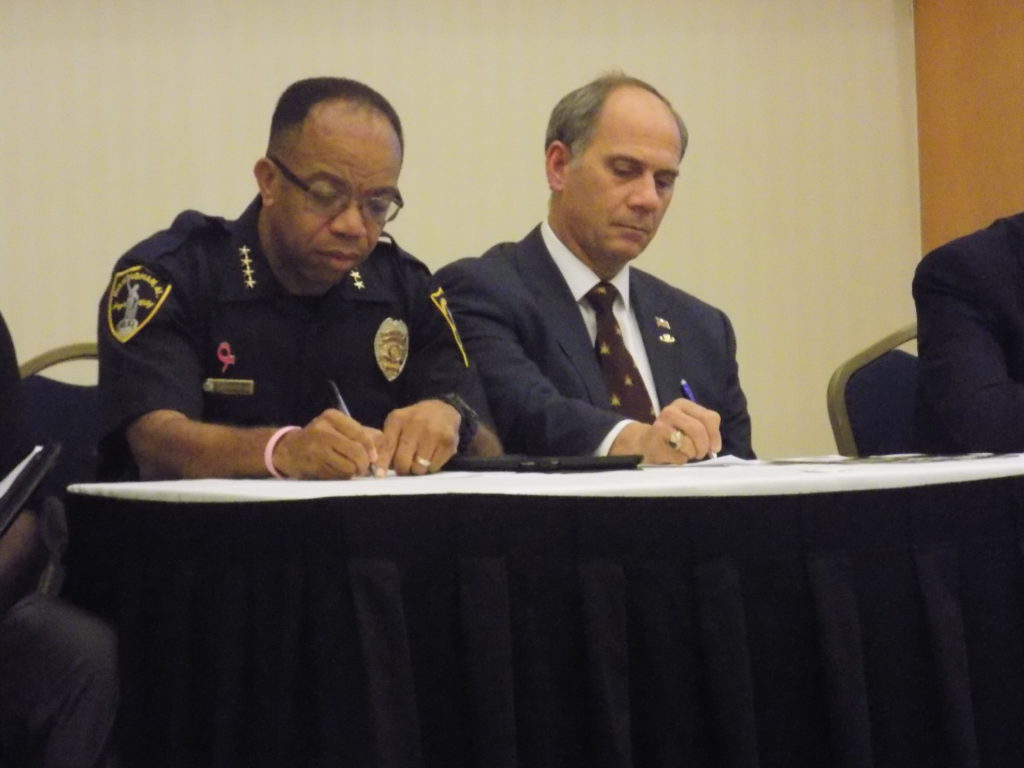
Learning opportunity
Hale said he looked at the discussion as a learning opportunity. “I wanted to listen to the conversation. I’ve been in Birmingham for 65 years. I was 12 years old in 1963. Professionally, I’m well aware of what’s going on in Ferguson, Baltimore, Dallas, Houston. Not that we’re insulated from trouble here in Birmingham, but there was [a] conduit of communication that was laid and bled over in 1963 that, honest to goodness, we benefit from right now.”
Hale praised the level of camaraderie seen in Birmingham between its police, its citizens and its leaders. “Those kinds of relationships with pastors and business communities are encouraged as a way of life in Birmingham,” said Hale. “So, when recruitment nationally is at an all-time low, in Birmingham, in the Jefferson County Sheriff’s Office, it’s at an all-time high. That’s because of [being] in Birmingham, we communicate. It’s a wonderful community.”
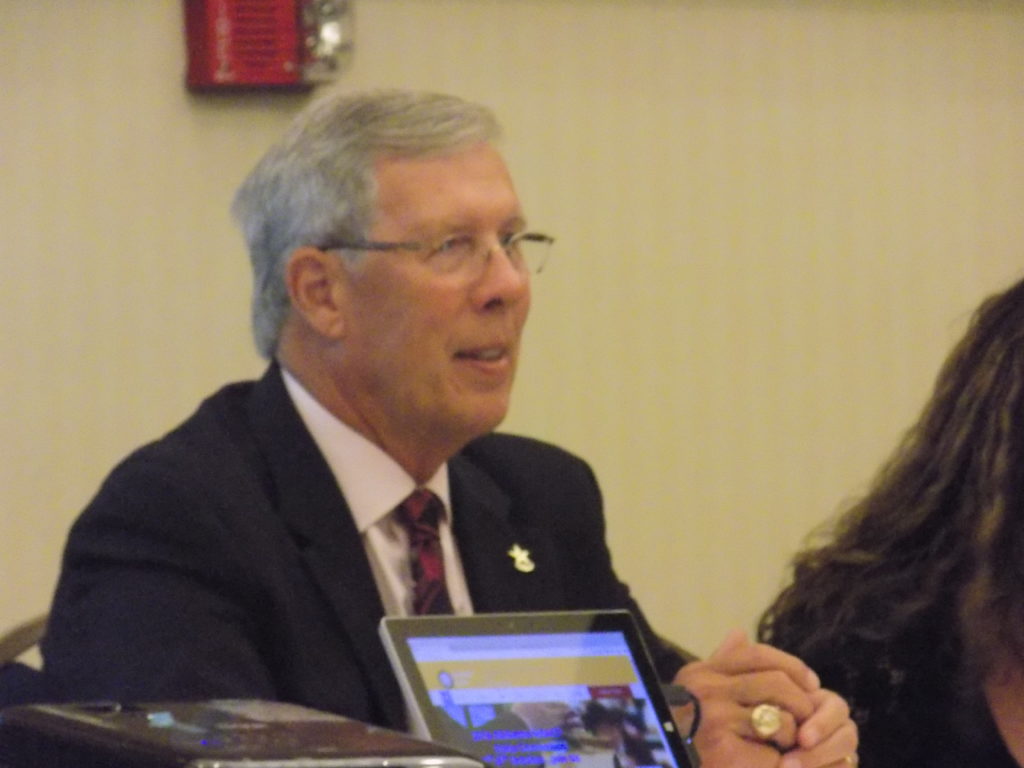
‘Roots in the past’
The current breakdown between police and communities across the nation has roots in the U.S.’ past. “This isn’t something that’s new,” said Ngozi Ndulue, the NAACP’s Senior Director of Criminal Justice Programs. “It’s something that has been a part of the African-American experience since there’s been an African-American experience.”
Bernard Simelton, president of the Alabama NAACP, said the event was the beginning of a long dialogue.
“There were great questions that really dealt with the issue of race and policing in America,” he said to The Birmingham Times. “…We knew we would not be able to answer all questions, but this is a start, I think. It lets the police know that…we have great concerns about what’s going on in our community as it relates to policing.”
“I hope that they learned that, from the police perspective, that citizens are concerned about the attacks on African-Americans in particular, but really all lives and all people,” he said. “Our citizens learned some more about policing. Not that we agree with them, but [maybe] why they are doing what they do. We still have work to do in that area to work together as a community. Community policing is really going to be the thing that helps us in the future.”
Other panelists included activist, Rev. Charles Dale, city and community consultant Eric Hall, Southern Poverty Law Center’s Intelligence Report Editor-in-Chief Mark Potok, lawyer Bryant Fair, the Department of Justice Community Relations Service’s Mildred Duprey de Robles.


